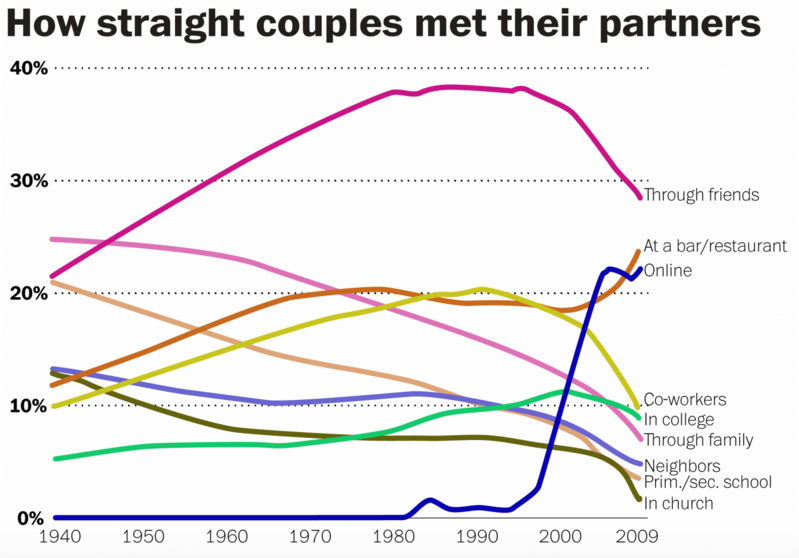In this case, people only started to believe in reality when they faced the consequences–the equivalent of deciding to study for an examine only after you’ve failed it.
Voters’ confusion about the consequences of their actions is indicative of a larger trend.
In some ways, our minds have become materially conditioned to mindless actions—things that can be deleted or edited or ignored.
Source: Brexit is what happens when our digital lives seem more “real” to us than our real ones — Quartz

